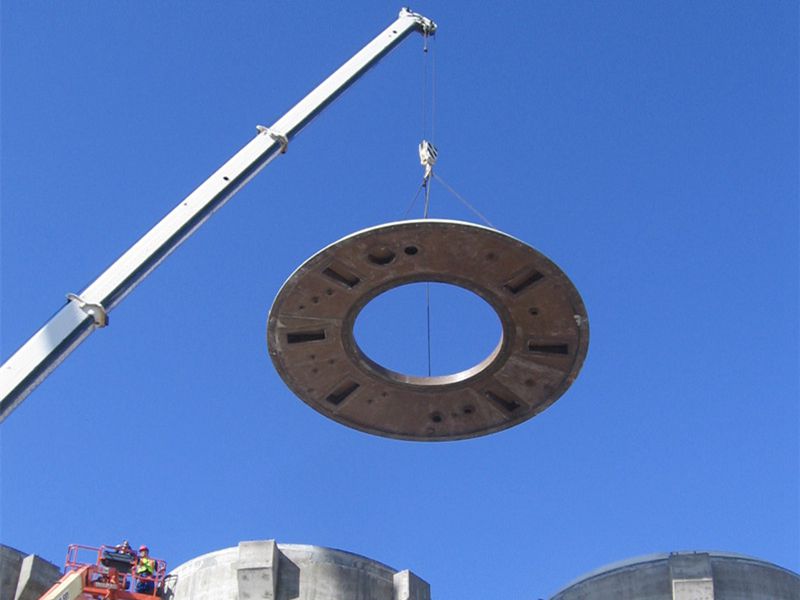
-
 Afrikaans
Afrikaans -
 Albanian
Albanian -
 Amharic
Amharic -
 Arabic
Arabic -
 Armenian
Armenian -
 Azerbaijani
Azerbaijani -
 Basque
Basque -
 Belarusian
Belarusian -
 Bengali
Bengali -
 Bosnian
Bosnian -
 Bulgarian
Bulgarian -
 Catalan
Catalan -
 Cebuano
Cebuano -
 China
China -
 China (Taiwan)
China (Taiwan) -
 Corsican
Corsican -
 Croatian
Croatian -
 Czech
Czech -
 Danish
Danish -
 Dutch
Dutch -
 English
English -
 Esperanto
Esperanto -
 Estonian
Estonian -
 Finnish
Finnish -
 French
French -
 Frisian
Frisian -
 Galician
Galician -
 Georgian
Georgian -
 German
German -
 Greek
Greek -
 Gujarati
Gujarati -
 Haitian Creole
Haitian Creole -
 hausa
hausa -
 hawaiian
hawaiian -
 Hebrew
Hebrew -
 Hindi
Hindi -
 Miao
Miao -
 Hungarian
Hungarian -
 Icelandic
Icelandic -
 igbo
igbo -
 Indonesian
Indonesian -
 irish
irish -
 Italian
Italian -
 Japanese
Japanese -
 Javanese
Javanese -
 Kannada
Kannada -
 kazakh
kazakh -
 Khmer
Khmer -
 Rwandese
Rwandese -
 Korean
Korean -
 Kurdish
Kurdish -
 Kyrgyz
Kyrgyz -
 Lao
Lao -
 Latin
Latin -
 Latvian
Latvian -
 Lithuanian
Lithuanian -
 Luxembourgish
Luxembourgish -
 Macedonian
Macedonian -
 Malgashi
Malgashi -
 Malay
Malay -
 Malayalam
Malayalam -
 Maltese
Maltese -
 Maori
Maori -
 Marathi
Marathi -
 Mongolian
Mongolian -
 Myanmar
Myanmar -
 Nepali
Nepali -
 Norwegian
Norwegian -
 Norwegian
Norwegian -
 Occitan
Occitan -
 Pashto
Pashto -
 Persian
Persian -
 Polish
Polish -
 Portuguese
Portuguese -
 Punjabi
Punjabi -
 Romanian
Romanian -
 Russian
Russian -
 Samoan
Samoan -
 Scottish Gaelic
Scottish Gaelic -
 Serbian
Serbian -
 Sesotho
Sesotho -
 Shona
Shona -
 Sindhi
Sindhi -
 Sinhala
Sinhala -
 Slovak
Slovak -
 Slovenian
Slovenian -
 Somali
Somali -
 Spanish
Spanish -
 Sundanese
Sundanese -
 Swahili
Swahili -
 Swedish
Swedish -
 Tagalog
Tagalog -
 Tajik
Tajik -
 Tamil
Tamil -
 Tatar
Tatar -
 Telugu
Telugu -
 Thai
Thai -
 Turkish
Turkish -
 Turkmen
Turkmen -
 Ukrainian
Ukrainian -
 Urdu
Urdu -
 Uighur
Uighur -
 Uzbek
Uzbek -
 Vietnamese
Vietnamese -
 Welsh
Welsh -
 Bantu
Bantu -
 Yiddish
Yiddish -
 Yoruba
Yoruba -
 Zulu
Zulu
fiberglass sand pipe
The Versatility and Benefits of Fiberglass Sand Pipes
In recent years, the construction and utility industries have increasingly recognized the benefits of using fiberglass sand pipes. Known for their strength, corrosion resistance, and lightweight nature, these pipes are becoming an essential component in various applications, ranging from drainage systems to industrial processes. This article will explore the characteristics, advantages, and various applications of fiberglass sand pipes.
Properties of Fiberglass Sand Pipes
Fiberglass sand pipes are primarily composed of composite materials, which include a matrix of resin and fiberglass reinforcements. This combination grants the pipes remarkable tensile strength and durability, making them suitable for handling aggressive fluid environments and high-pressure applications. Moreover, the smooth surface of fibroglass pipes minimizes friction loss, resulting in improved flow rates and system efficiency.
One of the standout features of fiberglass is its resistance to corrosion. Unlike metal pipes, which can suffer from rust and degradation due to exposure to chemical substances, fiberglass pipes maintain their integrity even when exposed to harsh chemicals, salts, and environmental factors. This characteristic not only extends the lifespan of the piping systems but also reduces maintenance costs over time.
Advantages of Using Fiberglass Sand Pipes
1. Lightweight Nature Fiberglass sand pipes are significantly lighter than traditional materials like concrete or steel. This lightweight quality allows for easier transportation, handling, and installation. Workers can manage long lengths of pipe without the need for specialized equipment, which leads to reduced labor costs and time.
2. High Strength-to-Weight Ratio Despite being lightweight, fiberglass pipes possess a high strength-to-weight ratio. This strength enables them to withstand heavy loads and intense pressure, making them suitable for various structural applications in industrial and civil engineering projects.
3. Corrosion Resistant As mentioned earlier, fiberglass is inherently resistant to corrosion. This property ensures that the pipes remain functional in challenging environments, including marine and chemical settings, where traditional pipes might quickly succumb to wear and damage.
fiberglass sand pipe

4. Eco-Friendly The production of fiberglass sand pipes is relatively environmentally friendly compared to traditional materials. Fiberglass can be manufactured using recycled materials, and the absence of harmful chemical leaching increases environmental safety.
Applications of Fiberglass Sand Pipes
Fiberglass sand pipes find applications in diverse fields, catering to various needs. Some common uses include
- Wastewater Management Due to their resistance to corrosion and degradation, fiberglass pipes are commonly utilized in wastewater treatment facilities. They efficiently transport sewage and other waste materials, ensuring sanitary conditions and compliance with environmental regulations.
- Drainage Systems In construction and civil engineering, fiberglass sand pipes are often employed in drainage systems. Their lightweight nature facilitates easier installation, and their smooth internal surface allows for effective drainage with minimal blockage.
- Chemical Processing The chemical industry often deals with aggressive substances that can compromise pipe integrity. Using fiberglass pipes in this setting ensures durability and longevity, even in the presence of corrosive chemicals.
- Irrigation and Agriculture The irrigation sector also benefits from fiberglass sand pipes. They are effective in delivering water to crops while withstanding the challenges posed by varying soil conditions and moisture levels.
Conclusion
In conclusion, fiberglass sand pipes offer a wide range of advantages that make them an increasingly popular choice in various industries. Their lightweight nature, high strength, corrosion resistance, and eco-friendliness position them as a superior alternative to traditional piping materials. As technology advances and more applications emerge, we can expect fiberglass sand pipes to play an essential role in the development of modern infrastructure, enhancing both efficiency and sustainability in multiple sectors. Whether in construction, drainage, or chemical processing, the future of piping solutions looks bright with fiberglass sand pipes leading the way.









